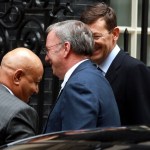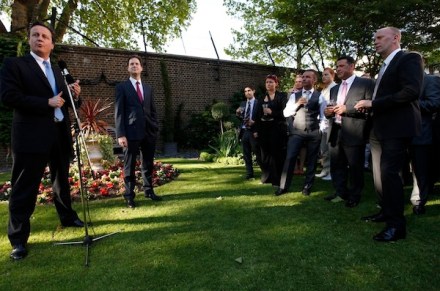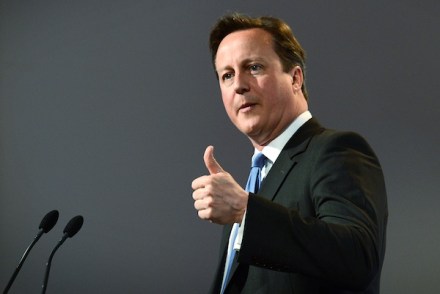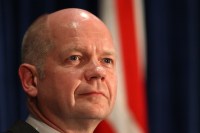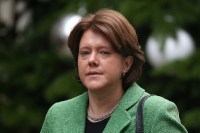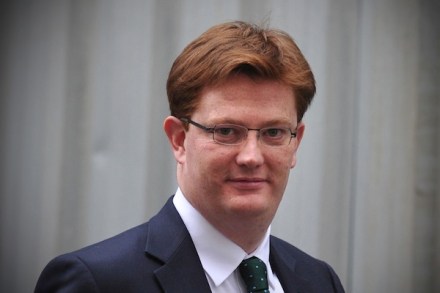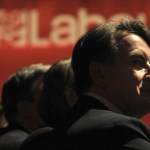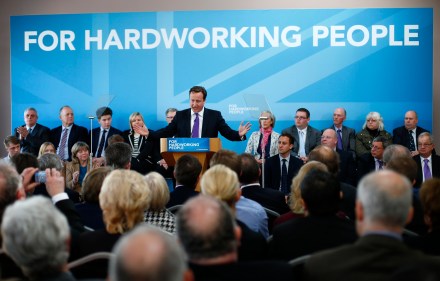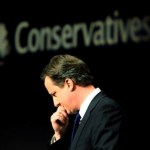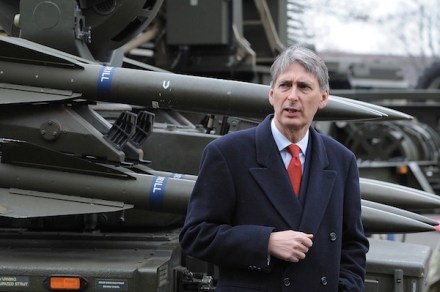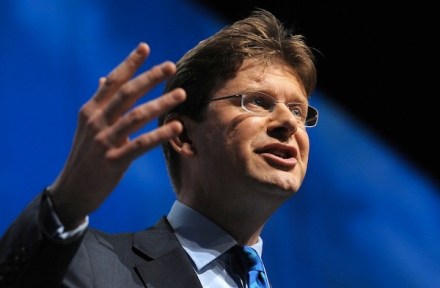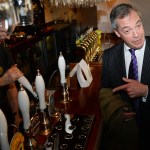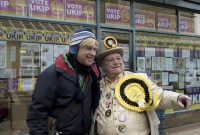Inflation falls: but will voters notice?
Today’s drop in inflation is good news for the government. The Consumer Prices Index grew by 2.4 per cent in the year to April 2013, down from March’s 2.8 per cent, with the biggest falls in transport costs, particularly petrol and air fares. Prices for food, alcoholic drinks and tobacco saw the biggest rises, with a 0.7 per cent rise for food, and a 2.3 per cent hike for booze and fags. A continuing rise in the cost of the former is less reassuring. But this marks the first time growth in inflation has slowed since the autumn of 2012. While ministers will hope that this continues, they also know




